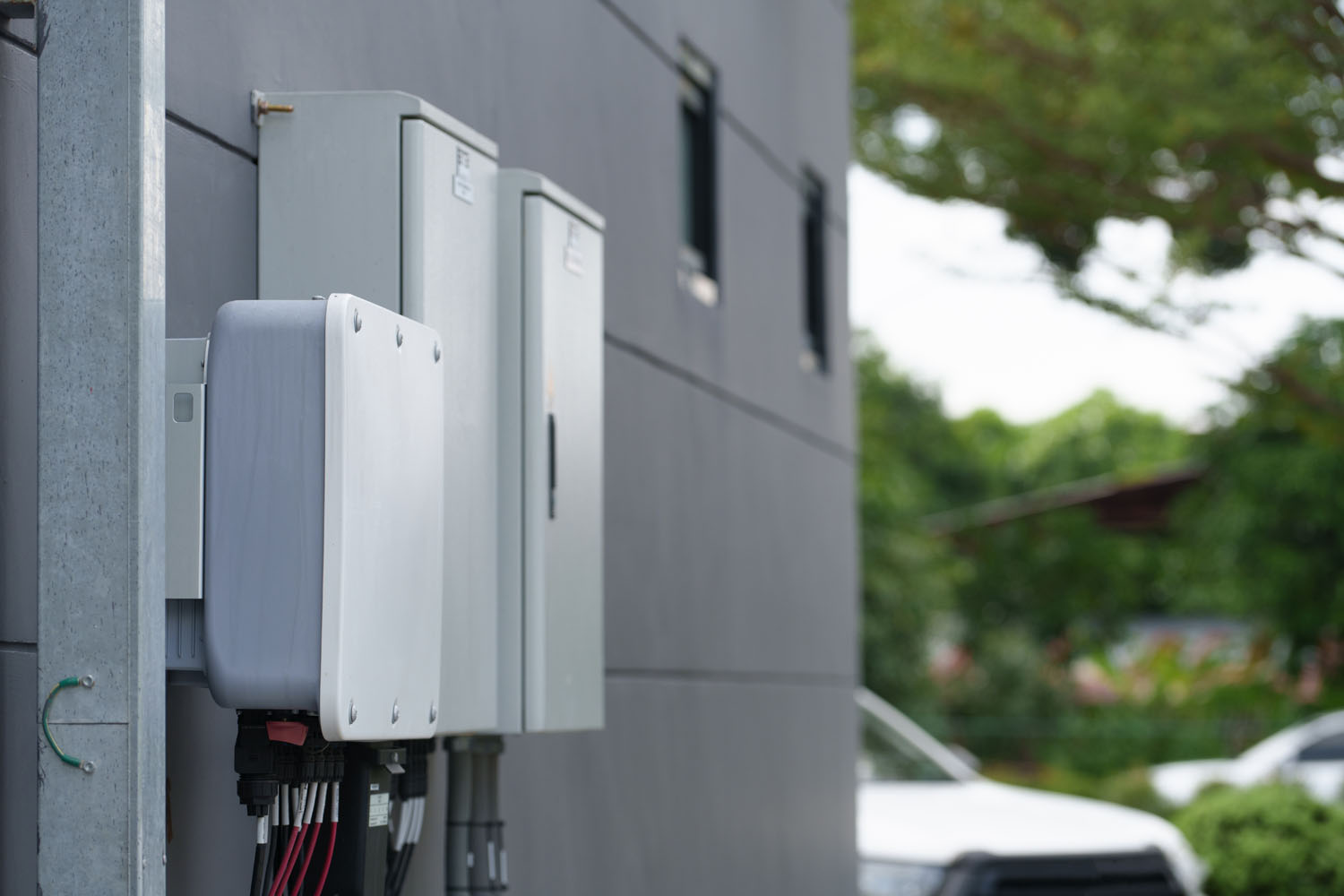When shopping for solar panels, homeowners are often overwhelmed by technical jargon, especially when it comes to efficiency and performance ratings. These metrics are crucial in determining the effectiveness of a solar panel system, so understanding them can help you make a well-informed decision. Here’s a breakdown of the key factors you should consider.
What is Solar Panel Efficiency?
Solar panel efficiency refers to how effectively a panel converts sunlight into usable electricity. It’s measured as a percentage, with most residential solar panels ranging between 15% and 22% efficiency. A panel with 20% efficiency means it converts 20% of the sunlight it absorbs into electrical energy.
Factors Affecting Solar Panel Efficiency
- Material Type: Solar panels are typically made from monocrystalline or polycrystalline silicon. Monocrystalline panels tend to be more efficient, converting more sunlight into electricity, but they also come at a higher price.
- Temperature Coefficient: Panels become less efficient as they heat up. The temperature coefficient measures the percentage of efficiency loss for each degree increase above 25°C. Look for panels with a low-temperature coefficient, especially if you live in a warm climate.
- Panel Degradation Rate: Solar panels degrade over time, losing a small percentage of their efficiency each year. High-quality panels will degrade slower, ensuring better performance over their lifespan.
Understanding Performance Ratings
Alongside efficiency, you’ll encounter several performance ratings when choosing solar panels. These include:
- Power Output: Measured in watts, this indicates the amount of electricity the panel produces under standard test conditions. Residential panels typically range from 250 to 400 watts.
- Tolerance: This refers to how much more or less power the panel can produce compared to its rated output. A panel with a -0/+5% tolerance can produce up to 5% more than its rated capacity but will never fall below it.
- Durability: Solar panels are rated for their ability to withstand environmental factors such as wind, hail, and snow. Look for panels that have high durability ratings if you live in an area prone to extreme weather.
Choosing the Right Panels for Your Home
When selecting solar panels, efficiency is an important factor, but it shouldn’t be the only consideration. Think about your roof space, energy consumption, and budget. High-efficiency panels can produce more power in a smaller area, making them ideal for homes with limited roof space. However, if you have a larger roof, you might opt for more budget-friendly panels with slightly lower efficiency but still meet your energy needs.
Conclusion: Understanding solar panel efficiency and performance ratings will help you make an informed decision when choosing a solar system for your home. Higher efficiency panels may have a bigger upfront cost, but they’ll produce more energy and save you money in the long run.







